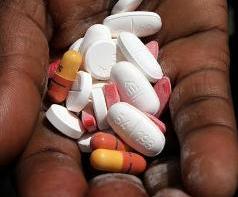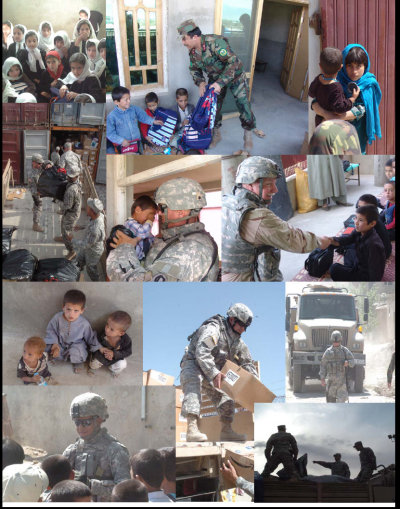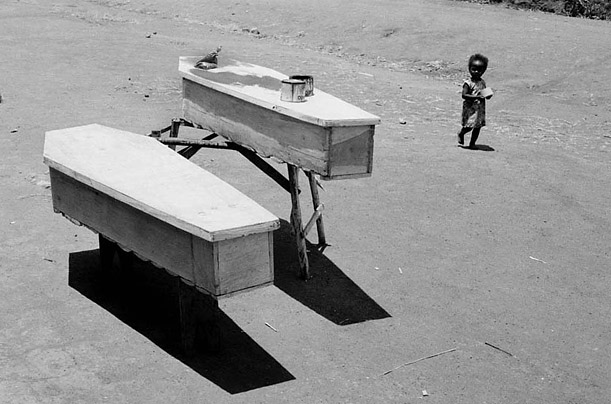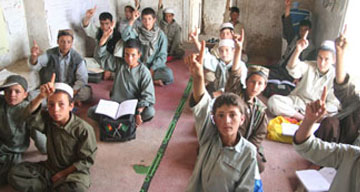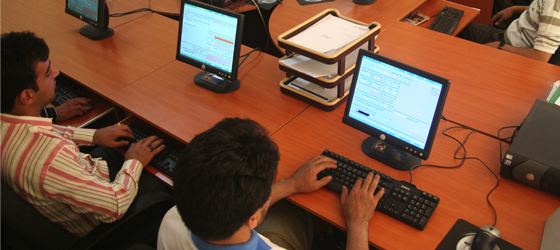“Esperábamos más” or “We expected more” was the phrase that was in the minds of many Hispanic immigration activists after hearing President Obama’s first speech at the State of the Union Address. According to an article I read on Univision.com many in the Hispanic community feel that President Obama focused more on issues such as the economy, homeland security, the war in Iraq, and the earthquake in Haiti. Immigration activist Vanessa Cárdenas states, “This speech did not manifest the compromise that we wanted to see. There was no affirmative word. There are other priorities. To some extent he deceived us.”
Furthermore, the article states that he only spoke a few seconds on the issues of immigration reform and the legalization of undocumented citizens. I read his speech and unfortnately the only time immigration reform is mentioned is when President Obama states “And we should continue the work of fixing our broken immigration system -– to secure our borders and enforce our laws, and ensure that everyone who plays by the rules can contribute to our economy and enrich our nation.”
After reading this article and President Obama’s speech I do believe that immigration activist such as Cárdenas have a point that it has been pushed to the side. However, I believe that this is due to the fact that the economy and issues such as health care and homeland security have been become more prominent to the majority of American citizens. However immigration reform is not an issue that can just be pushed under the rug. There still needs to be some work taking place to change the U.S. immigration system because it affects the lives millions of U.S. residents, legal or not.

